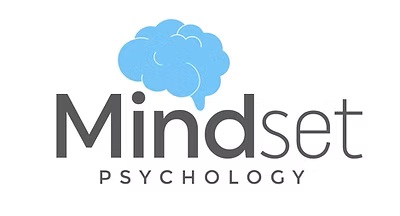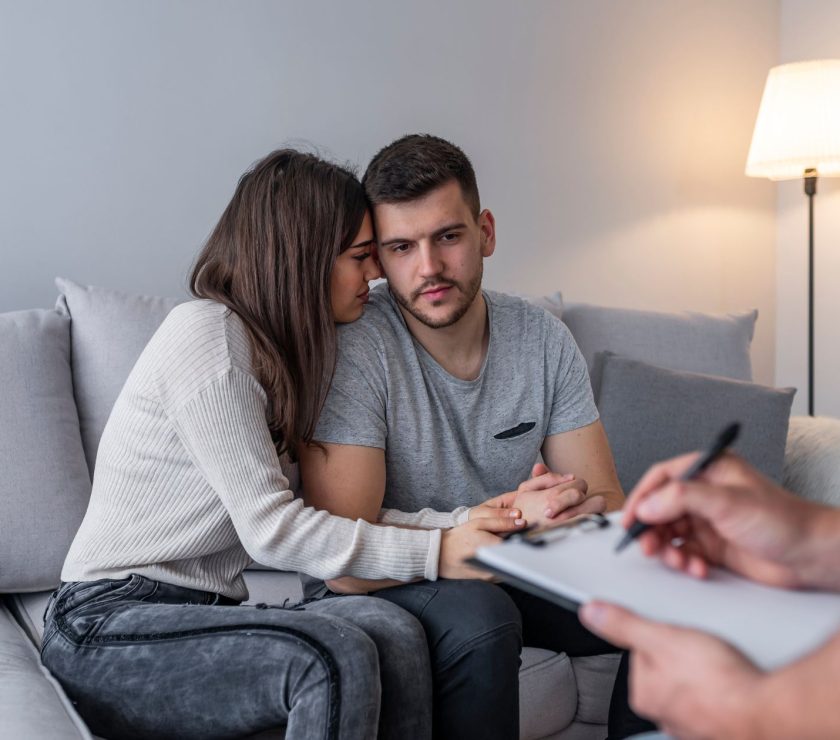You love your partner, but lately it feels like you’re not on the same page. Small misunderstandings can escalate, and what used to seem easy now feels like hard work. The laughter you once shared has often turned into tension, silence, or endless discussions about problems. You’re not alone—every couple, no matter how strong, has moments when love requires more effort than it used to.
Relationships are living entities; like anything that grows, they need care, patience, and sometimes outside support. Many couples find that their conflicts don’t indicate failure but point to deeper issues that need attention: old wounds, new stresses, or unexpressed needs.
Working with couples therapists in Long Island, NY can assist partners in slowing down, listening differently, and rebuilding the understanding that once came easily. These therapists specialize in helping couples navigate emotional disconnects, teaching them how to communicate with empathy and helping them rediscover the warmth and closeness that initially brought them together.
At Mindset Psychology, we understand that love can develop into something more solid and resilient when partners learn to reconnect thoughtfully.
Why Healthy Relationships Still Struggle
No relationship stays effortless forever. Life brings stresses like bills, children, aging parents, demanding jobs, health issues, and fatigue. When these pressures mount, even the most loving couples can drift apart. Conflict and disconnection are part of being human together; they don’t mean you are incompatible.
Common causes for couples to feel disconnected include:
– Daily stresses that drain emotional energy.
– Family or parenting duties that limit time together.
– Financial burdens or job pressures that cause frustration or resentment.
– Unresolved issues that resurface during vulnerable moments.
– Emotional or physical distance due to trauma, anxiety, or depression.
Often, neither partner is “to blame.” Instead, they fall into patterns of reacting, avoiding, or misunderstanding that make it harder to connect. A sigh may feel like rejection, a question can seem like criticism, leading both partners to withdraw into self-protection.
Struggles don’t mean your relationship is failing; they simply show that you care enough to want something better.
How Couples Therapy Helps Rebuild Connection
Couples therapy focuses on understanding how each partner experiences the relationship, not on deciding who is right or wrong.
A therapist acts as a neutral guide, helping both partners feel heard without judgment or defensiveness. By facilitating conversations, they create a space for vulnerability, which often disappears when couples are stuck in conflict.
In sessions, partners learn to:
– Clearly express feelings without attacking or withdrawing.
– Identify emotional triggers and understand what lies beneath them.
– Replace blame with curiosity and compassion.
– Rebuild emotional safety through active listening and empathy.
Therapy offers a calm environment where both people can speak honestly without fear or interruption. It’s not about choosing sides; it’s about learning how to meet each other again in a genuine and respectful way.
When couples start to feel seen, they begin to heal.
Common Issues Addressed in Couples Therapy
Every couple’s story is unique, but many face similar issues that therapy can help resolve. Common concerns include:
– Communication breakdowns and recurring arguments that go in circles.
– Emotional distance or loss of intimacy, feeling more like roommates than partners.
– Trust issues or the aftereffects of infidelity.
– Significant life changes, like marriage, new parenthood, career changes, or caregiving.
– Differences in needs, values, or future expectations.
No issue is too big or too small for therapy. Some couples come after years of silence, while others seek help early to strengthen a good relationship before it shifts into resentment.
Therapy adjusts to your situation. It meets you where you are, whether you are rebuilding after a crisis or trying to reconnect after drifting apart for years.
Tools and Techniques Therapists Use
Couples Therapists in Long Island, NY, use proven methods to help partners reconnect. These approaches are practical, understanding, and aim to create real change without judgment.
Here are some techniques commonly used in sessions:
– Emotionally Focused Therapy (EFT): Helps couples recognize emotional needs and strengthen their bonds. It focuses on understanding the patterns that lead to conflict, so partners can respond to each other with empathy instead of defensiveness.
– The Gottman Method: Builds trust and teaches constructive conflict management skills. Couples learn to replace criticism and contempt with appreciation, curiosity, and humor.
– Mindfulness and Empathy Exercises: Encourage calm awareness, helping partners remain present instead of reacting from past pain.
– Guided Dialogue Techniques: Help couples communicate and listen intentionally, reducing misunderstandings and fostering genuine connection.
Therapy is a collaboration, not clinical or cold. Couples learn at their own pace and discover authentic ways to relate and communicate.
The Role of Emotional Safety in Connection
Real connection cannot exist without emotional safety. This means feeling free to show up as your true self without fear of being judged, dismissed, or blamed.
When emotional safety disappears, couples often protect themselves by withdrawing or acting out. What starts as self-preservation can lead to distance. Therapy helps rebuild trust by slowing interactions and guiding partners in expressing their needs in ways that invite understanding rather than defensiveness.
When both people feel safe, they can have honest conversations again. Tears and silence can transform into compassion and laughter. It’s during those quiet, safe moments that real healing starts when partners realize they can still reach each other.
What to Expect in Couples Therapy Sessions
Many people feel anxious before their first session, worried about judgment or blame. Couples therapy is designed to be supportive, not confrontational.
Here’s what it typically involves:
– A calm, private space where both partners can speak openly.
– Guided conversations led by the therapist, ensuring each person feels heard.
– Exploration of recurring patterns, such as how arguments begin or how emotions are avoided.
– Reflection or “homework” exercises between sessions to maintain progress.
The process takes time. Some sessions may feel heavy, while others surprisingly lift your spirits. Progress might come in small ways: a softer tone, a shared laugh, or a moment of empathy that was missing before. Over time, these moments build a foundation of safety and trust that fosters lasting change.
Therapy isn’t a quick fix, but for many couples, it becomes one of the most critical journeys they have ever taken together.
Reconnecting Beyond the Therapy Room
The work of therapy continues after the session ends. The tools learned in therapy become the basis for daily connections outside of it.
Couples are encouraged to:
– Practice empathy daily, listening without interruption or jumping to conclusions.
– Create time for shared rituals, whether it’s morning coffee, evening walks, or weekend conversations.
– Show gratitude and affection; small acknowledgments can shift the emotional tone.
– Approach conflict intentionally, remembering the goal is understanding, not winning.
Lasting connections grow through consistency, care, and curiosity. It’s not built overnight but through many small choices to remain open, even when it’s challenging.
As therapists often say, “Connection isn’t about never fighting; it’s about always coming back to each other.”
When to Consider Seeing a Couples Therapist
Couples therapy can be helpful during crises, but it’s also valuable for those wanting to strengthen their relationship. You may want to reach out if:
– You find yourselves having the same arguments repeatedly.
– You feel more like roommates than partners.
– Important conversations lead to defensiveness or withdrawal.
– You love each other but feel emotionally distant or overlooked.
– You want to stop small issues from escalating into resentment.
Therapy is not a last resort; it’s a proactive step toward nurturing your relationship’s health and longevity. Seeking help doesn’t signify failure; it signifies a desire to grow together instead of apart.
Choosing Connection Together
Every relationship goes through seasons, times of deep closeness and times of quiet distance. What matters is not avoiding struggles but learning how to navigate them together.
Couples therapy offers more than tools; it provides understanding. It allows partners to slow down and view one another not as opponents, but as teammates. With patience, honesty, and guided support, even strained relationships can rediscover connection, trust, and peace.
It’s never too late to learn how to love each other better.
At Mindset Psychology, our couples therapists in Long Island, NY provide a compassionate, judgment-free environment where partners can communicate openly, rebuild trust, and restore the deep connection that initially brought them together.



